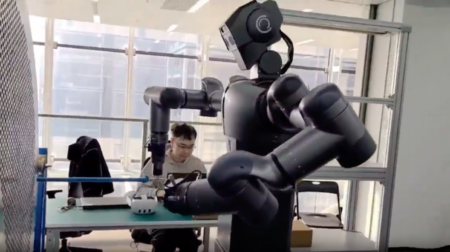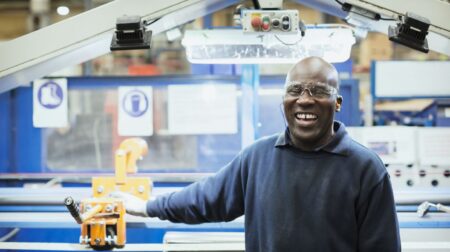The industrial automation sector is set for substantial growth, with forecasts projecting a 9.3% annual increase in demand, reaching £227.6bn by 2030, up from £122.2bn in 2023, according to data from Persistence Market Research, a New York-based research firm.
The surge in technological advancements within industrial automation, particularly in North America, is driving this significant expansion, with the region accounting for 35% of the global market share.
Engineers in industrial automation are experiencing heightened demand to develop and refine various systems, including robots, distributed control systems (DCSs), programmable logic controllers (PLCs), and Supervisory Control and Data Acquisition (SCADA) technologies. The integration of cybersecurity systems to protect these systems has also become a priority.
The primary driver behind the surge in industrial automation demand comes from multiple sectors, with manufacturing leading the way, comprising more than 30% of the market. Other industries, including oil and gas (20%) and power generation (15%), are also seeking engineers in industrial automation to enhance operational efficiency.
Manufacturers perceive industrial automation as a solution to mitigate supply chain disruptions caused by geopolitical tensions, such as the conflict in Ukraine.
The mining and metals industry, the second-largest market for industrial automation, is adopting autonomous vehicles and machinery to improve safety and environmental sustainability. Remote autonomous operations, particularly in deep-sea mining, are anticipated to reduce energy consumption and waste, supporting companies in achieving net-zero emissions targets.
Government support, including grants and research assistance, alongside advances in wireless technology, is further accelerating the adoption of industrial automation.
Canada’s National Research Council of Canada Industrial Research Assistance Program (NRC IRAP) and developments in wireless standards like Wi-Fi 7 are set to drive innovation and efficiency across manufacturing sectors.
As demand for engineers in industrial automation intensifies, tools and policies aimed at reducing engineers’ workload are crucial for expediting production line refinements and achieving sustainability goals.
Collaboration and communication among engineers and customers remain essential for the continued development and refinement of automation solutions in various industries.









